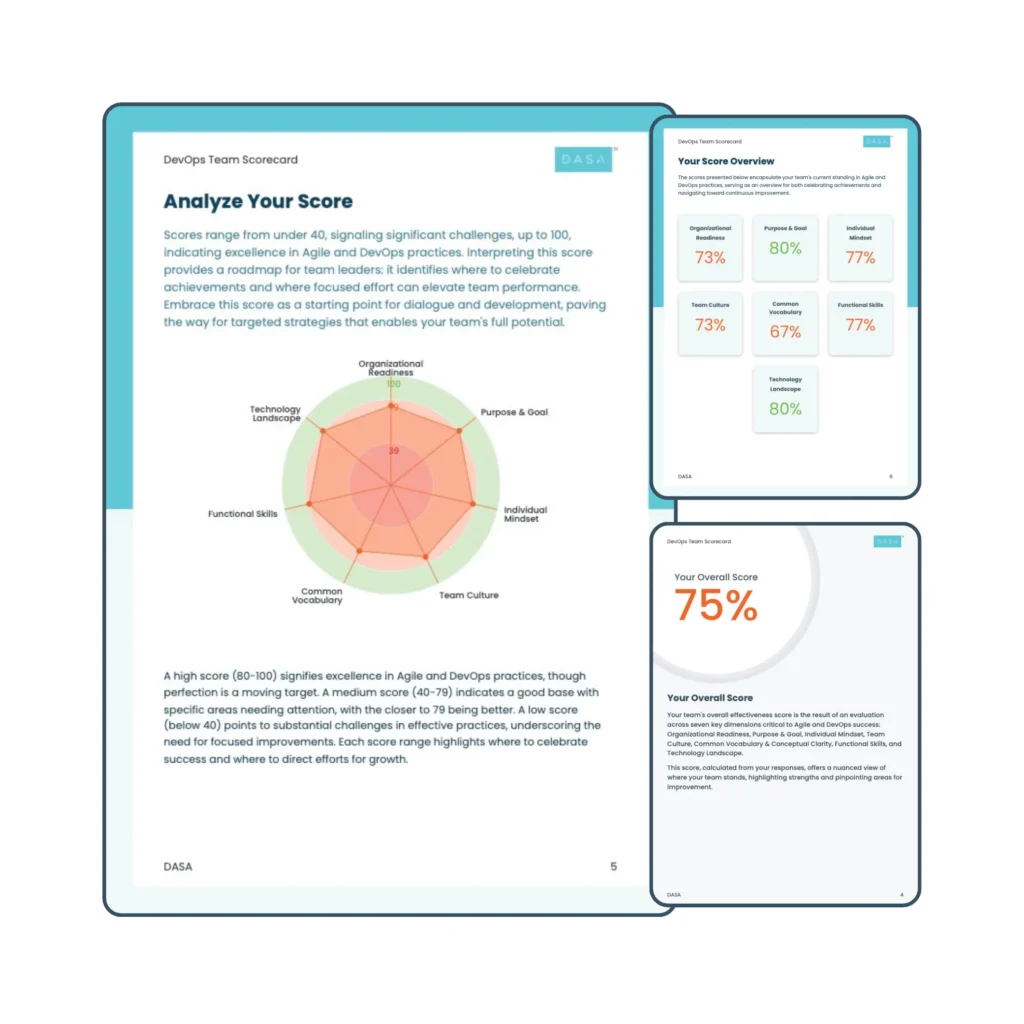Future Proofing SRE Practices
4 tracks ○ 5 hours total
This journey equips with the skills to build resilient, automated, and sustainable systems by leveraging modern DevOps practices, cloud technologies, and AI reliability strategies.
Recommended For






Capabilities this Journey Builds
- Automating systems for resilience and scalability.
- Leveraging cloud platforms for efficiency.
- Ensuring AI-driven reliability and optimization.
- Aligning SRE with sustainability goals.
Tracks in This Journey
Antifragility and Toolchain Automation
- Define antifragility and how it differs from resilience.
- Discuss why antifragility is crucial for organizations in today’s dynamic and uncertain environments.
- Explain how DevOps practices and CI/CD pipelines contribute to building antifragile systems.
- Identify key metrics and indicators that can be used to assess the level of antifragility in a system.
- Discuss the challenges of choosing the right tools for different applications and integrating them into CI/CD pipelines.
- Explain the different types and benefits of declarative pipelines.
- Identify different types of metrics and tools that can be used to measure the performance of DevOps systems.
Leveraging DevOps and Cloud
- Identify the essential elements of a strong engineering culture in an organization.
- Discuss the integration of ITSM, cloud, DevOps, and Lean IT methodologies to enhance organizational efficiency and performance.
- Explain the importance of clear strategy and the use of appropriate tools and technologies in successfully implementing a DevOps cloud strategy.
Addressing AI Reliability
- Identify common failure modes in AI models and systems that impact reliability.
- Explain the challenges involved in monitoring AI systems and their specific reliability requirements.
- Provide recommendations for improving the reliability of AI systems.
Aligning SRE with Sustainability Goals
- Explain methods to adopt green SRE and sustainability practices.
- Define the concept of Green SRE and its relationship with sustainability practices.
- Create a plan for integrating energy-efficient practices into SRE operations.
- Describe carbon-aware and time-aware workload scheduling.
- Explain waste reduction with regards building resilience.
- Establish sustainability-centric SLIs and SLOs. Measure energy efficiency of software projects.
- Identify sustainability metrics for measuring the environmental impact of SRE practices.
Turn Roles Into Results With Focused Learning Paths
DASA Learning Journeys provide a structured approach to building foundational knowledge and common vocabulary required for your teams to align and execute your strategy. Each journey consists of modular courses, short programs, expert videos, and thought leadership content aligned to real-world roles, measurable outcomes, and your organization’s transformation goals.
Role-Based Capability Building
Each learning journey focuses on developing the capabilities that matter most for teams and leaders, equipping them with the skills, knowledge, and mindset needed to thrive.
Reduce Transformation Risk
Without the right alignment, even the best strategy can stall. Learning journeys help you upskill your teams in areas that directly influence flow, agility, and value delivery.
Accelerate Results With Proven Content
You’re not starting from scratch — you’re implementing a trusted, field-tested approach that drives performance and scales with your needs.
Bring This Learning Journey Into Your Enterprise
License this track to give your teams access to guided, high-impact learning tailored for today’s performance-driven digital organizations.

Your Team’s Strengths. And Blind Spots.
Every great transformation starts with a baseline. Use the Digital Team Capability Scorecard to assess your team’s performance across critical areas. It’s fast, free, and built for leaders who want measurable results.

Quickly identify critical areas for improvement, focusing on attitude, behavior, and team culture.
— Marian Draganov, T-Systems
